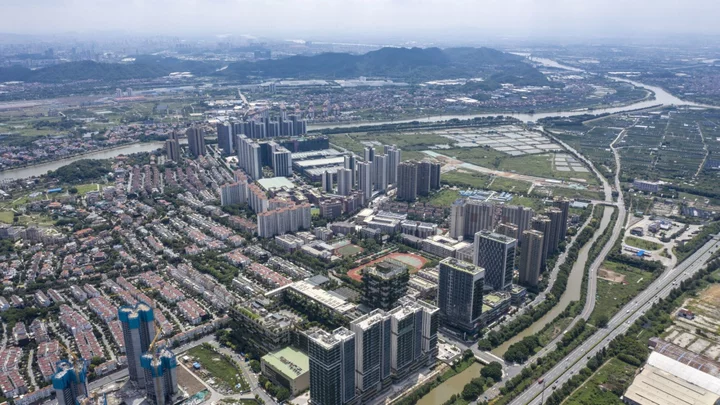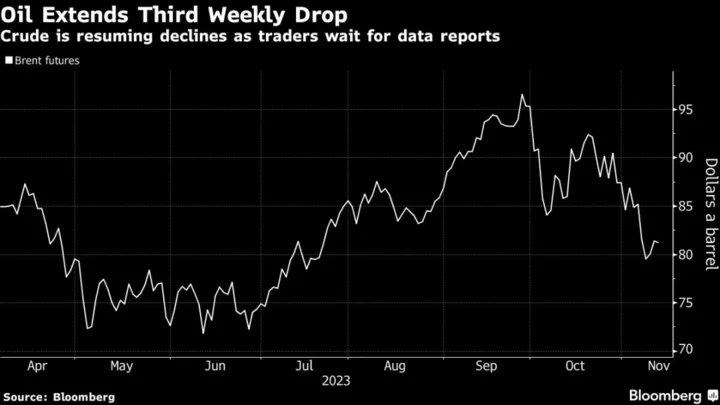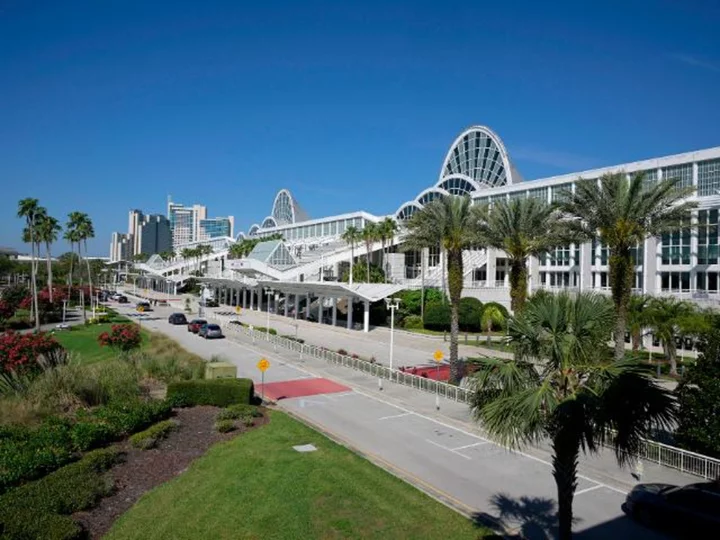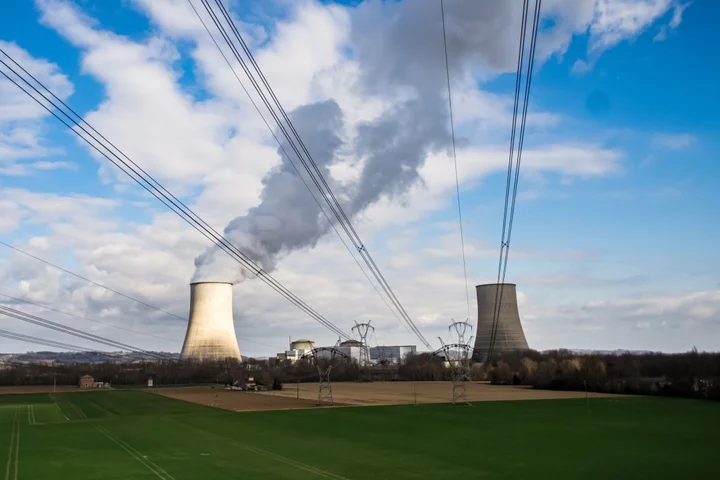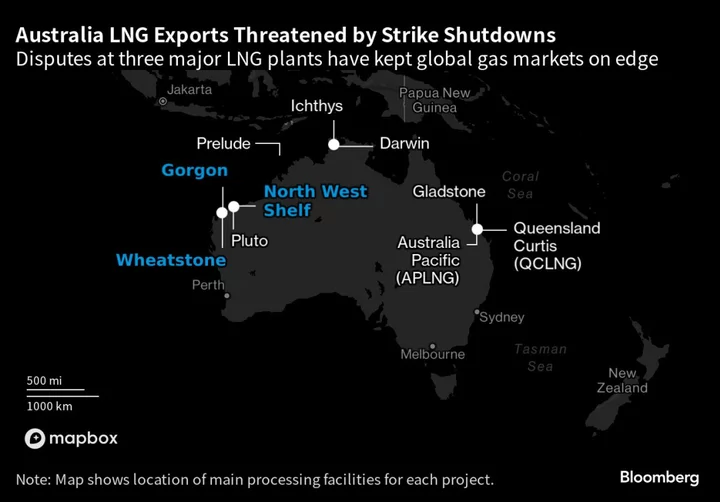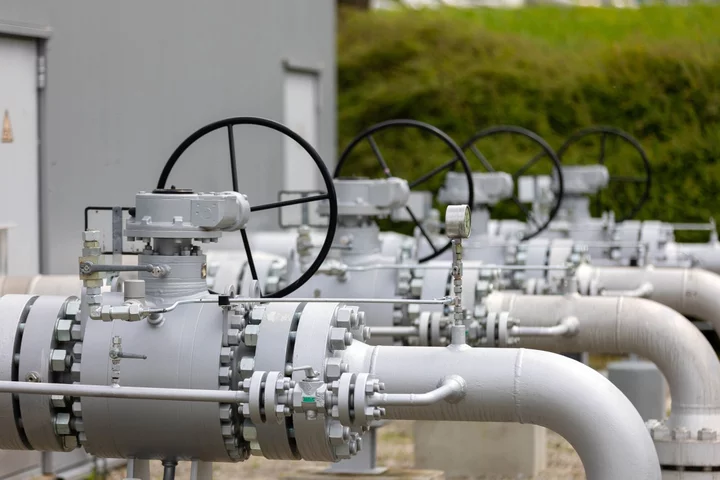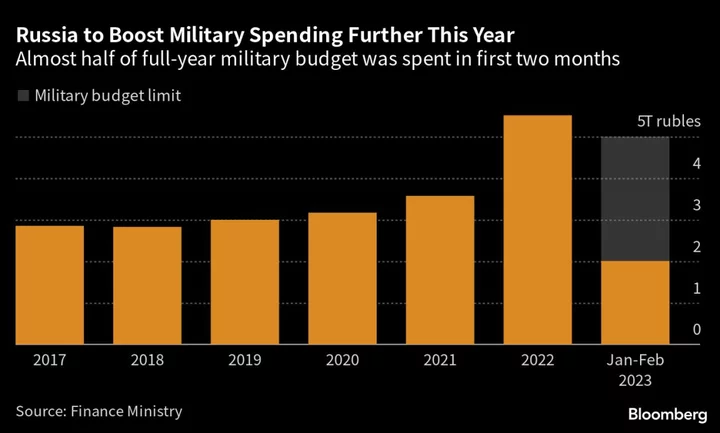China unleashed a slew of measures to halt a slide in the country’s residential property and shore up its ailing economy.
Beijing’s 5% growth target is at risk, while the real estate slump has increased dangers to the nation’s financial system. Sales by the country’s largest developers fell 34% in August from a year earlier, and Country Garden Holdings Co. — once the nation’s largest by sales — is on the brink of default.
The policies have drawn mixed reactions on whether they will be sufficient enough to instill confidence in the economy and spur growth.
Here’s a look at all the measures China has announced:
- Fiscal incentives: The Ministry of Finance on Aug. 18 extended personal income tax rebate for households upgrading their apartment until the end of 2025.
- Mortgage easing: Banks no longer disqualify those who have a mortgage record — even if they’ve fully repaid — as a first time buyer, as long as they don’t own a property. Big cities including Guangzhou and Shenzhen followed through on the policy on Aug 30.
- Home-loan cuts: First-time homebuyers can renegotiate their mortgage interest rates with banks from Sept. 25, the central bank said Aug 31.
- Downpayment reductions: Beijing cut the floor of the downpayment ratio across the country to 20% for first-time home buyers and 30% for second purchases on Aug 31.
- Urban renewal: The State Council announced redevelopment support for old villages within mega cities. Metropolises including Shanghai and Guangzhou are following up.
- Other Measures: Imposing a nationwide cap on real estate commissions; allowing private equity funds to raise money for residential property developments; pledging 200 billion yuan ($28 billion) in special loans to ensure stalled housing projects are delivered; extending some of the 16-point plan to address liquidity issues in the sector

